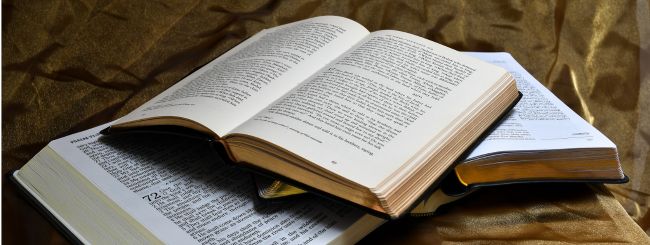16 Nissan 5783 – 7 Arpil 2023
What to do with idols?
כִּֽי־אִם־כֹּ֤ה תַעֲשׂוּ֙ לָהֶ֔ם מִזְבְּחֹתֵיהֶ֣ם תִּתֹּ֔צוּ וּמַצֵּבֹתָ֖ם תְּשַׁבֵּ֑רוּ וַאֲשֵֽׁירֵהֶם֙ תְּגַדֵּע֔וּן וּפְסִילֵיהֶ֖ם תִּשְׂרְפ֥וּן בָּאֵֽשׁ׃
Instead, this is what you shall do to them: you shall tear down their altars, smash their pillars, cut down their sacred posts, and consign their images to the fire.
It is important to note that the total destruction of idols is a mitzvah for Jews and especially in the Holy Land of Israel.
A person who is not Jewish is only obligated to destroy actual idols that come into his or her own possession or nulify them. In other words, if the Gentile wants to use the physical object of the idol for some personal benefit (rather than destroying it), he or she must first nullify the idol. This means that it must be damaged in some way that makes it unfit to be worshipped by the idolaters (e.g., breaking off the nose of a human statue).
A person who is not Jewish (even a righteous Noahide) can nullify an idol for his own use or for the use of someone else who is not Jewish.
What to do with idolatrous books?
You can throw these away, shred them, burn them in any way you want.
What to do with the christian bible. When there is not one of 7 indelible Names of G-d in the Old Testament you can throw it away. Otherwise it would be better to bury it in your garden, for example. If you decide to bury it, it should be first defaced, for example, by cutting the pages in half.There is also the opinion that you should burned it.
- The Tetragram
- Ado-nai
- E-lohim
- Y-ah
- Sha-dai
- E-l
- Tse- va’ot
- Appellation clearly reffering to G-d, as for example: “The Almighty”.
- Attributes names; such as “the Merciful”, “the Compassionate”.
Translated names of G-d have no sanctity as they have been used for idolatrous purposes.
When in doubt about your Old Testament bury it in your garden. Just as you should do with texts or books containing Holy Names of God that you can no longer keep for any reason.
What to Do with Written Holy Names?
It’s forbidden to destroy holy Names and writings, as this is a disgrace to G-ds honor and profanes His Name. It is like forbidden to write holy Names for no reason.
One may not disgrace a holy Name of G-d written in any language, for example, by putting it in the garbage or in an unclean place such a restroom.
When one has on paper Holy Names of G-d – you have written down by mistake – there are boxes in the synagogue in which you can put that. However, for Noahides there is not always the possibility to use this. Then you can bury these papers in your garden or in the forest.
What do I do with a Prayer book or Tenach when I have to go to the restroom of a restaurant?
In a public restroom it is permitted to take it with you, provided you cover it with a covering that does not belong to the book itself. So for example with an extra plastic bag. Covering it with a piece of clothing you are wearing or with your hand is not sufficient.
In a private restroom it is not allowed. After all, there is no reason to assume that someone can take it away from you in your private surroundings.
By Angelique Sijbolts
Sources:
Chabadapp: Chumash with Rashi, Article of Dr. Michael Schulman, The Divine Code by Rabbi Moshe Weiner, 4e edition, p. 220
© Copyright, all rights reserved. If you enjoyed this article, we encourage you to distribute it further.

Pingback: Parshat Kedoshim - Can I keep my Bible? - Sukkat Shalom B'nei Noach